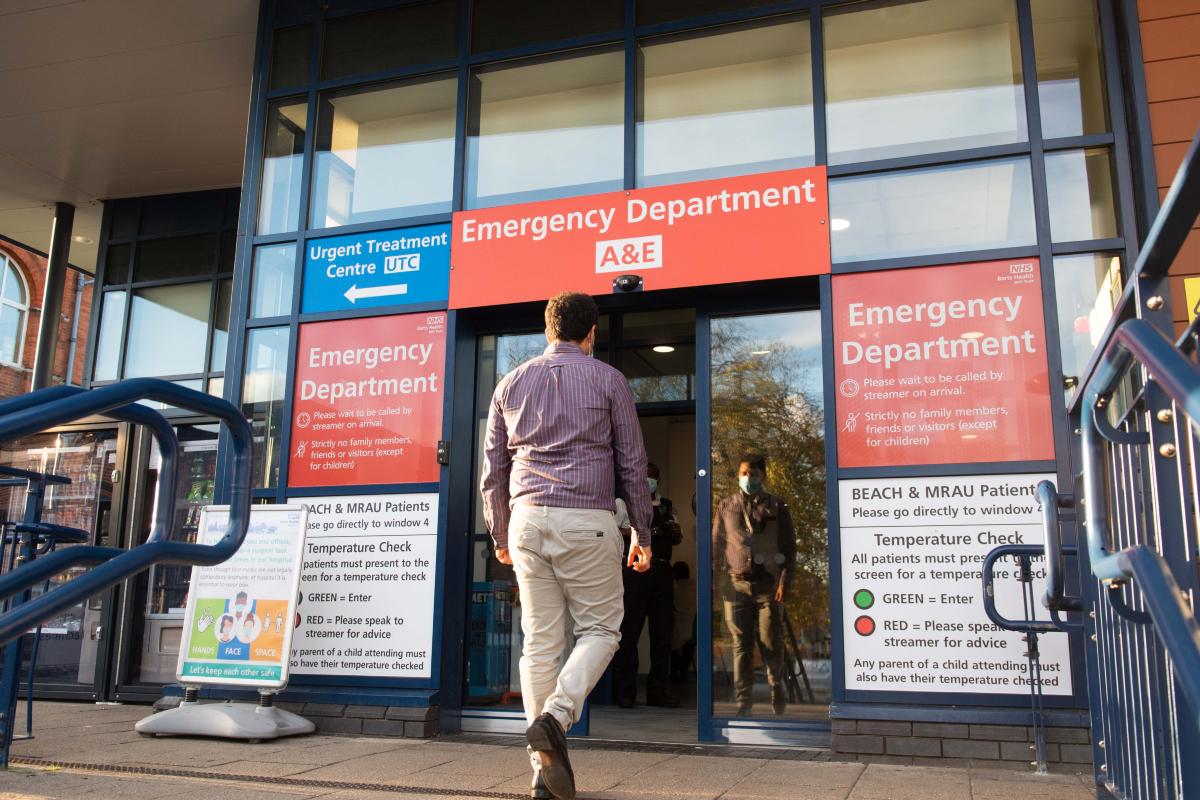Cash injection to support urgent and emergency care

Our hospitals will be able to free up about 50 inpatient beds this winter after the government confirmed the trust will get a cash injection to support urgent and emergency care.
The allocation of £2,674,000 is a modest yet welcome boost to the extremely tight financial position we face as we make contingency plans for the prospect of another very busy winter.
Each of our hospitals with an emergency department submitted bids for support. Whipps Cross plans to create a dedicated space for a round-the-clock Same Day Emergency Care (SDEC) service that will free up 28 overnight beds. The Royal London plans to expand its overnight emergency surgery by 12 beds. Newham plans to stream patients onto speedier pathways to avoid unnecessary hospital stays.
The investment is part of the national urgent and emergency care recovery plan which aims to achieve a revised standard to see 76% of patients within four hours by next March.
The latest published statistics show we achieved 70% in June, despite recording the highest volume of ED attendance in the country (almost 43,000). Performance is continuing to improve and both Whipps Cross and Newham are close to meeting the national standard.
However, performance at The Royal London is adversely impacted by high demand and long waits for walk-in patients at the Urgent Treatment Centre, which the hospital does not manage but is counted in the statistics the trust has to submit.
The whole urgent and emergency care system for North East London is currently subject to the highest level of scrutiny by NHS England, and the next step is a review of our urgent treatment centres to identify immediate improvements.
Chris Pocklington, group director of operations, said:
“This investment will enhance our ability to stream emergency patients so they get the right treatment promptly and avoid unnecessary admission to hospital. Reducing waiting times will also contribute to a better patient experience.
“Our emergency departments are doing extremely well to maintain the quality of care for large numbers of patients in very challenging conditions. They are successfully managing both high levels of ambulance arrivals and repeated disruption from the industrial action by doctors.”
The most serious impact of the industrial action continues to be on the backlog of patients waiting for routine elective treatment. Since it started we have cancelled and rescheduled about 1,500 inpatient procedures and more than 20,000 outpatient appointments.
